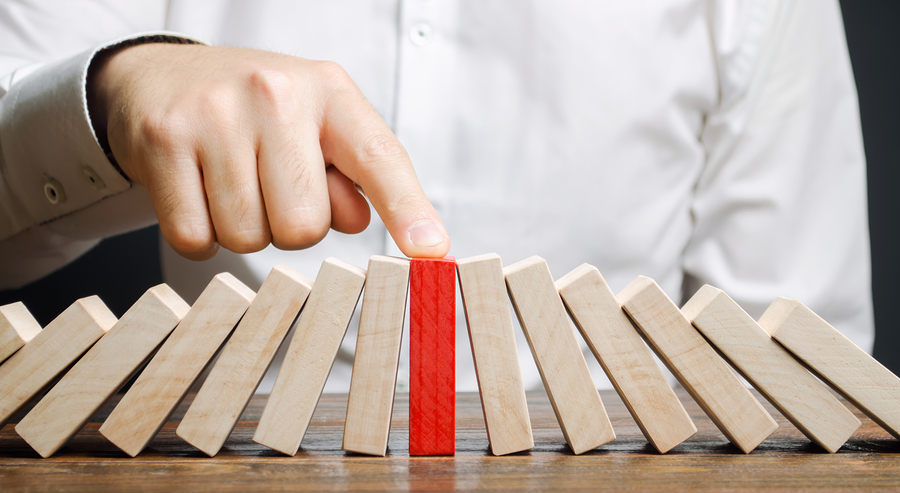
It is so easy to find an app for every little convenience these days. Whether you’re looking for travel short-cuts, recipes, or simply games to pass the time. Search any topic on Apple or Android and you’ll find millions of them, most free or less than five dollars. Installing them is as easy as clicking on “open,” authorizing installation with your thumb and waiting a few seconds for it to load. Voilà, instant convenience, and fun.
In many ways, however, apps have become a crutch as everyone reaches for their smartphone seeking assistance with everything under the sun. But there is a more insidious cost of having an app for every need imaginable. All these apps can be a source of decision fatigue. Imagine trying to save a bit of money by using the app you’re positive you’ve downloaded to save a couple of bucks on Bar-B-Que. As you page through each screen, your brain has to examine each app’s icon ever-so-briefly to determine whether or not that’s the one you’re looking for. Each one of these neural transactions consumes a bit of the sugar energy your brain depends upon to focus and function.
Too many apps can clog up the system. There’s the conference app you downloaded for that meeting in Detroit back in 2016. There’s the Sit or Squat app you downloaded to help your aging parents find the closest public toilet on last year’s vacation. There’s that car seat helper app you used seven years ago, except now your kids are in middle school. If you can’t remember the exact name of the Bar-B-Que app or what it looks like, you could spend five minutes looking for something that will only save you two bucks. And once you’ve found it, you’ll probably spend another couple of minutes updating it, depending on the speed of the local internet.
Sometimes in seminars, I’ll ask those attending to pull out their smartphones and count the number of apps they have downloaded. The record so far on one device is 241. That’s ten full screens of 24 apps each. Here’s the bottom line. When it comes to apps, the more convenience you have, the less convenience you have. Decision fatigue is caused by making too many unproductive decisions. Looking for that “needle-in-a-haystack” app is a great example of why we feel tired halfway through the day. This is a phenomenon I call appoplexy. So here’s a quick solution. Take out your smartphone right now and delete an app you really don’t use. Then make a practice of doing so whenever you’re online at the grocery store, waiting to get your car washed, or waiting for the movie to begin. Eliminating little decisions will conserve the energy you need for the bigger decisions throughout the day.
